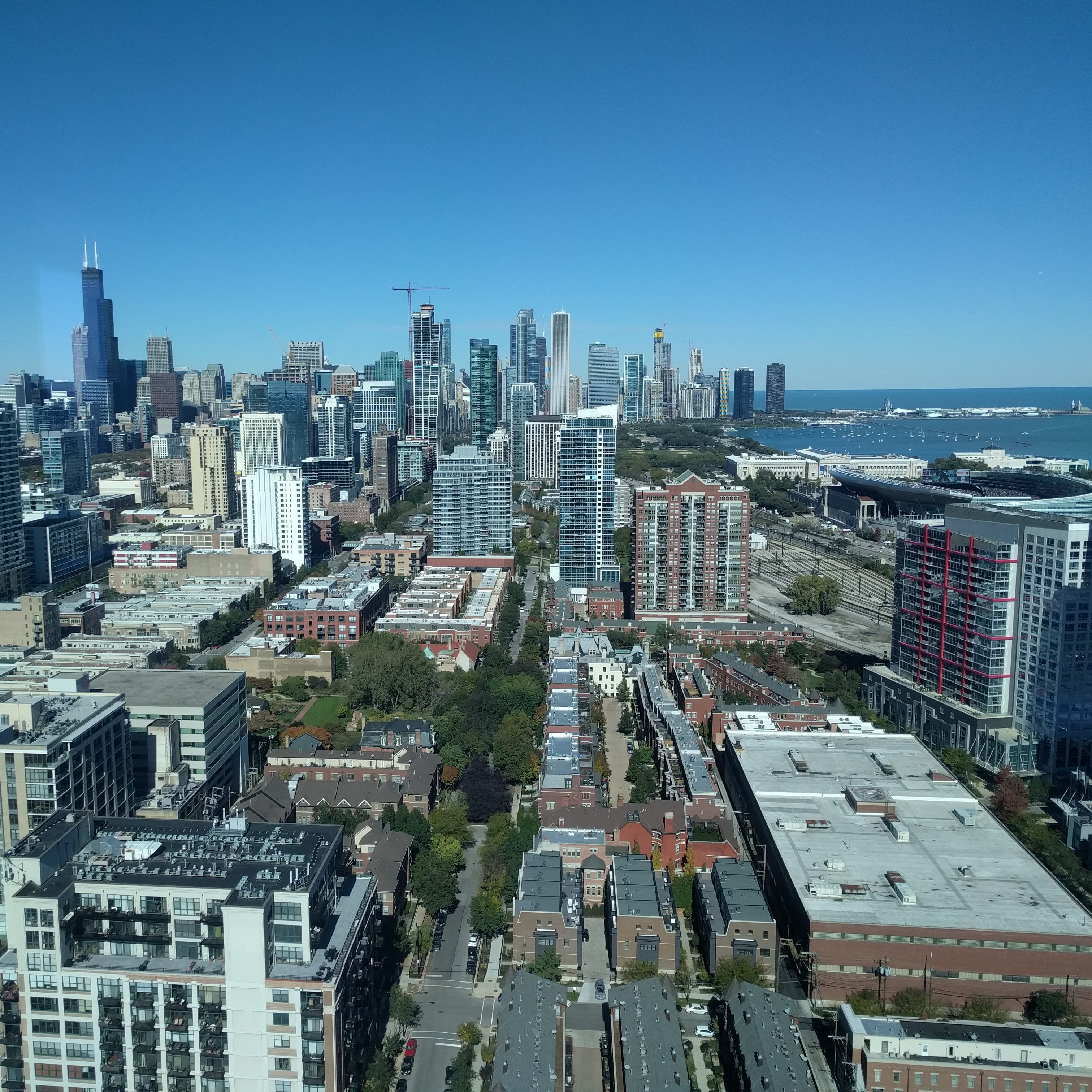This weekend I had the opportunity to travel with my dad to Chicago for the annual ACR meeting we go to every year. The speaker this year was Johnathon Koch, an incredible man who has Macrophage Activation Syndrome, an rare and often fatal disease, who spoke about his experience with resilience. Here is his TED Talk.
He stumbled into a hospital after a day of symptoms, and was told he would die that night. After three weeks in a coma, he had a dream that reminded him that he had to accept things as they were and live, even though it would require his fighting for it every day for the rest of his life.
His story is so inspiring because of his ability to accept what is and be resilient every day – his life depended on it. It illustrates the idea that the biggest suffering and obstacles we face are the layers of stress, confusion, and asking “why me?” that hold us back the most. Feeling upset that something happened to us removes the power we have to adapt and overcome those obstacles.
In trying to move away from the limited and hopeless view of classic environmentalism, I’ve been trying to test and explore the case for optimism. When the IPCC report came out last week, I was overcome with a popular negative reaction and found myself wondering if the negativity would help motivate us or if it maybe had the opposite effect.
Will a nearer threat engage our survival response? Probably not at the scale that climate change is. We talk about sustainability being our goal, but that assumes we can get there and then stay there. But if climate change teaches us anything, it is that we can’t know what will happen and we may never reach a point of stability.
Johnathon’s talk reminded me of something. Being comfortable and stable (sustained) in life doesn’t prepare us for the unexpected challenges that will be thrown at us. That requires resilience.
What if we embraced the reality of climate change, instead of adding layers of anger and regret about how we could have gotten here and fear about not being able to recover?
My psychology professor said that people in our country aren’t really truly alive, and don’t wake up until they are diagnosed with cancer or a similarly heavy obstacle. Living in a world free of a fight we are passionate about leaves us unhappy and asleep (maybe dead in some cases). Engaging our challenges makes us alive.
But guess what? We are doing just that! It may just help to re-frame our fight: it’s not one we have to engage in, it is one we want to engage in.

